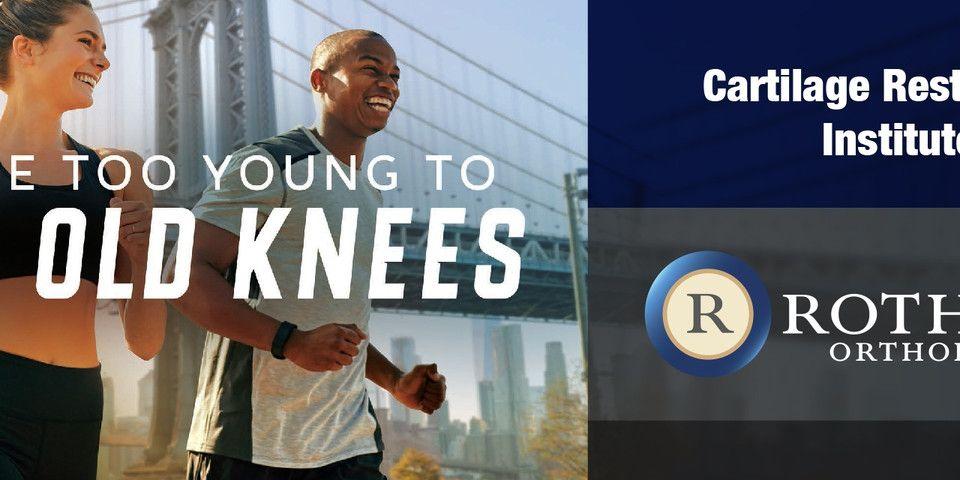What Is a Cervical Herniated Disc?
Cervical Herniated Disc: Causes, Symptoms, and Treatment
How can you tell the difference between sore neck muscles and symptoms of a underlying condition? Guessing is not good enough. Understanding the cervical region of your spine can help you detect problems and get to a spine doctor fast before the injury worsens. How do you know if, for example, you have cervical herniated disc symptoms? What even is a herniated disc?
At Rothman Orthopaedic Institute, our spine specialists believe education is one of the best injury prevention techniques. Below you will find key information about herniated discs, what symptoms to look out for, and how herniated discs in the neck are treated.
What Is a Herniated Disc?
Between each vertebra in your spinal column is an intervertebral disc, a soft pad of gel that allows the spine to flex and bend with ease. All discs have a strong outer layer, the annulus fibrosus, and a jellylike center, the nucleus pulposus. An intervertebral disc may herniate when part of the disc’s nucleus pushes through towards the back of the spinal canal, sometimes cracking the annulus fibrosus layer. This shift can put unnatural pressure on the spinal nerves, causing pain.
A herniated disc can also result from a decrease in a disc’s water content. This causes the disc to shrink and lose its shock-absorbing properties. Other risk factors that may contribute to a herniated disc include improper or heavy lifting, repetitive activities that cause stress to an area of the back, and smoking.
What Are Cervical Herniated Disc Symptoms?
When a slipped disc presses against a nerve in the neck, patients experience either dull or sharp pain in the neck, shoulders, and sometimes one or both arms. Below are other common symptoms associated with a cervical herniated disc:
-
Increased pain with certain neck movements
-
Tingling sensation or numbness in an arm
-
Burning sensation in the shoulders, neck, or arm
If you have one or more of the above symptoms, this does not automatically mean you have a herniated disc. Only a medical examination from a professional spine specialist can determine the exact source of your discomfort.
How Does a Spine Specialist Diagnose a Herniated Disc?
When ascertaining whether or not a patient has a herniated disc, a doctor will first review the patient’s medical history and symptoms. Then, she or he will check different areas of the back for tenderness. The doctor may test patients’ reflexes, muscle strength, and walking abilities in relation to the injured area. All abnormal sensations will be recorded.
A diagnosis of a bulging disc in the cervical spine can be confirmed with diagnostic imaging tests, such as a magnetic resonance imaging (MRI) scan. The images produced by an MRI illuminate the soft tissues surrounding the spine and the extent of the damage. These images help spine doctors determine the most effective treatment option for each patient.
How Is a Cervical Herniated Disc Treated?
Conservative methods of treatment are nearly always pursued first. For a cervical herniated disc, non-surgical care options include:
-
Rest. If you experience neck pain with particular movements, limit your activity level in that area. Your spine specialist may give you a time range in which you should use a cervical collar or neck brace for support.
-
Medications. Your doctor may prescribe anti-inflammatory medications or give you an epidural steroid injection in the office.
-
Physical therapy. After a rest period, you may be referred to a physical therapist to rehabilitate the cervical spine. Physical therapy may include exercises to strengthen and stretch the neck, ultrasound therapy, electrical muscle stimulation, and whirlpool treatment.
The majority of slipped disc cases are successfully treated with one or a combination of the above options. Still, if non-operative treatments fail, a surgical procedure is the next step. Talk to your doctor about the likelihood of your herniated disc needing surgery.
Interested in learning more? The Spine team at Rothman Orthopaedic Institute can provide you with additional information and answers to your questions, as well as a proper examination, diagnosis, and recommended treatment plans for your injury. We guarantee to give you the meticulous, exceptional spine care you deserve.
To know for sure if you have cervical herniated disc symptoms, schedule an appointment at our New York City or Tarrytown office today. Please visit us here or contact us at 1-800-321-9999.
Related Specialties
Related Conditions
Related Treatments
Related Programs
-

Cartilage Restoration Institute
This is a center where patients can go to have their disabled joint biological resurfaced, realigned, and stabilized without having the joint replaced by artificial materials such as metal and plastic. It is well known that the outcomes of patients under the age of 50 undergoing artificial joint replacement are not as good as we would like. Therefore we feel the future of Orthopaedics is to try to restore a joint back to its original anatomy by realignment, ligament reconstruction, and cartilage restoration.Read More




